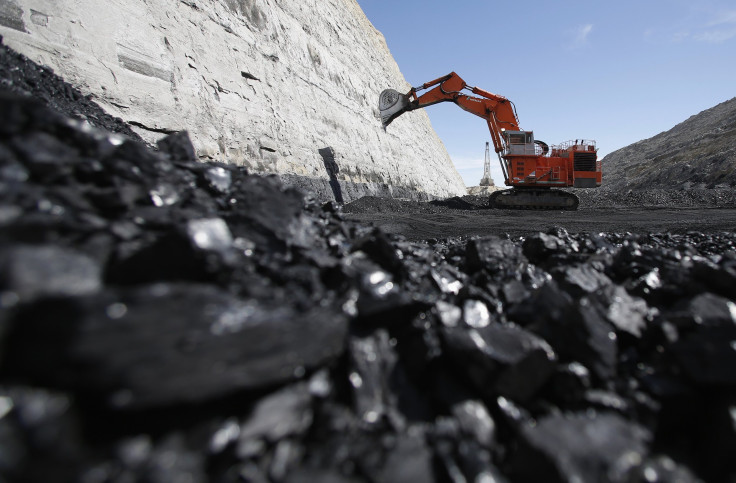Climate Change: Obama Administration Halts New Coal-Mining Leases On Public Land

In a move that is likely to further impact coal miners in the country, the U.S. government announced Friday that it would temporarily halt issuing permits for new coal mines on public land. The moratorium, which came just days after U.S. President Barack Obama said he would push for a change in the way coal and oil resources in the country are managed, will stay in place until officials examine whether fees charged to mining companies provide a fair return to taxpayers and reflect coal’s impact on the environment.
“Given serious concerns raised about the federal coal program, we’re taking the prudent step to hit pause on approving significant new leases so that decisions about those leases can benefit from the recommendations that come out of the review,” Interior Secretary Sally Jewell said, in a statement released Friday. “We haven’t undertaken a comprehensive review of the program in more than 30 years, and we have an obligation to current and future generations to ensure the federal coal program delivers a fair return to American taxpayers and takes into account its impacts on climate change.”
However, the moratorium does not apply to existing coal production activities, the mining of metallurgical coal — which is used to make steel — and emergency leasing, the statement clarified.
“Companies can continue production activities on the large reserves of recoverable coal they have under lease, and we’ll make accommodations in the event of emergency circumstances to ensure this pause will have no material impact on the nation’s ability to meet its power generation needs,” Jewell said.
An estimated 40 percent of the coal produced in the U.S. comes from federal lands, mostly in Wyoming, Montana, Colorado, Utah and New Mexico. Burning of coal and other fossil fuels for electricity production accounts for 31 percent of domestic greenhouse gas emissions, making it the single-largest factor contributing to anthropogenic climate change.
Over the past two years, Obama has made tackling climate change a key priority. Under his administration’s Clean Power Plan, announced in August, the government pledged a reduction in domestic emissions by 28 percent below 2005 levels by 2025, and a 32 percent reduction in carbon emissions from power plants using fossil fuels by 2030, despite opposition from the coal and mining industry.
“With today’s announcement President Obama exerted groundbreaking leadership in the global movement to keep fossil fuels in the ground,” Erich Pica, president of the environmental group Friends of the Earth, said, in a statement welcoming the moratorium. “This is a historic decision that greatly improves the world’s chances of avoiding the worst impacts of climate change.”
© Copyright IBTimes 2024. All rights reserved.






















